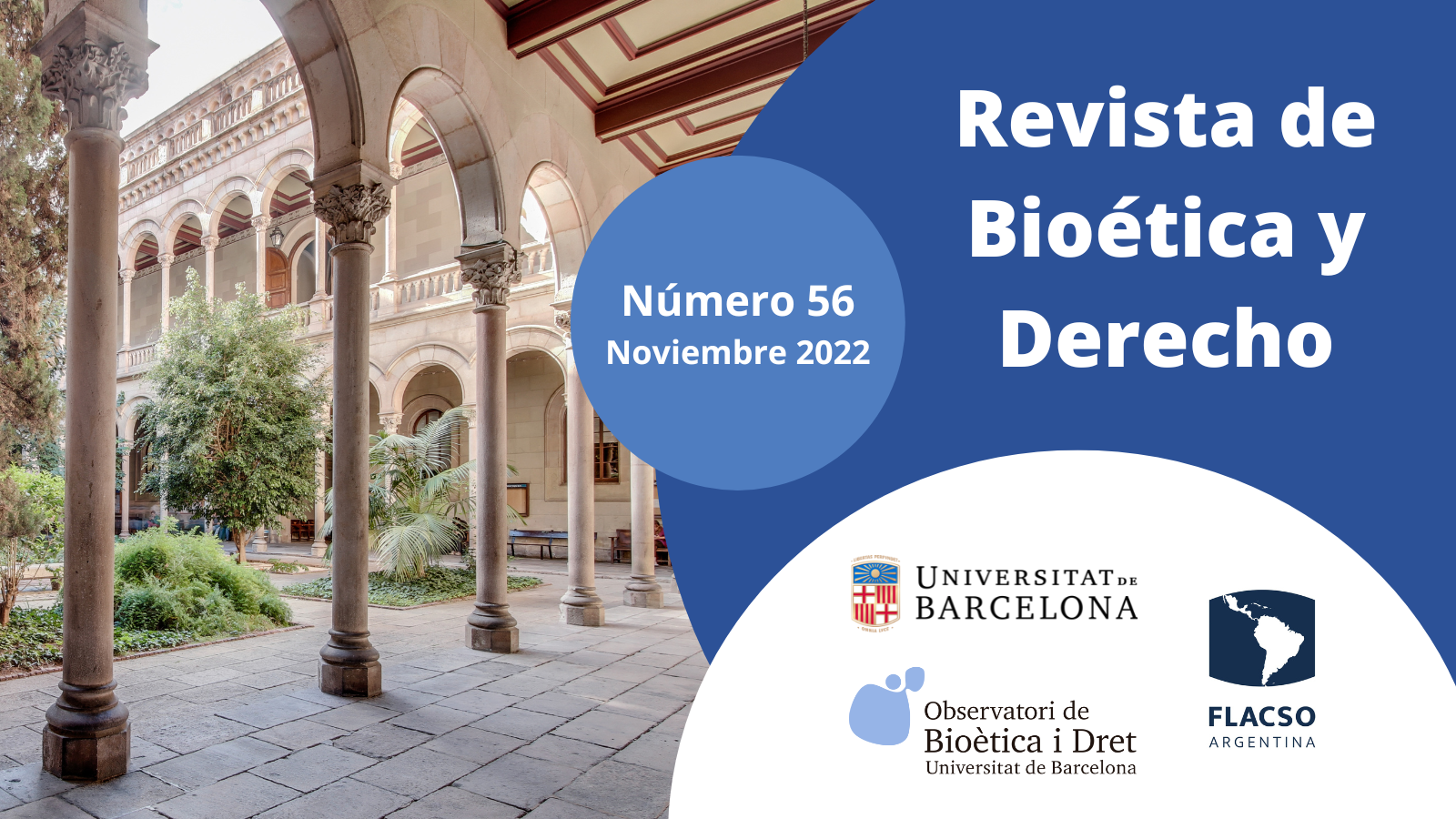Filiation derived from gestational surrogacy: possession of status and interest of the minor, public order and fundamental rights
DOI:
https://doi.org/10.1344/rbd2022.56.40741Abstract
The Spanish Supreme Court deals with a case of surrogacy in which, once the child is born in a foreign country, the maternal filiation in Spain is judicially claimed for the intended mother absent any genetic link based on the possession of status. In the case resolved by the Spanish Supreme Court of March 31, 2022, the legal path chosen by the claimant is not the recognition of filiation as established by the foreign authorities where the birth has taken place, but the judicial claim of maternity, manifested by the possession of status, in the child’s best interest. This makes it necessary to analyse whether the appearance of filiation is a mechanism for determining filiation, and whether the child’s best interest must inevitably lead to attributing legal maternity to the woman who plays the role of mother, even without a genetic link. The Spanish Supreme Court also refers to public order and how surrogacy violates fundamental rights, arguments which, although important because they reveal the position of the highest court, are not relevant in this particular case.
Downloads
Published
How to Cite
Issue
Section
License
Copyright (c) 2022 Mónica Navarro-Michel

This work is licensed under a Creative Commons Attribution-NonCommercial-NoDerivatives 4.0 International License.
 The author retains the copyright and grants Revista de Bioética y Derecho the right of first publication of the article. All articles published in Revista de Bioética y Derecho are under Creative Commons licensing Recognition – Non Commercial – NoDerivedArtwork (by-nc-nd 4.0), which allows sharing the content with third parties, provided that they acknowledge its authorship, initial publication in this journal and the terms of the license. No commercial use of the original work or generation of derivative works is permitted.
The author retains the copyright and grants Revista de Bioética y Derecho the right of first publication of the article. All articles published in Revista de Bioética y Derecho are under Creative Commons licensing Recognition – Non Commercial – NoDerivedArtwork (by-nc-nd 4.0), which allows sharing the content with third parties, provided that they acknowledge its authorship, initial publication in this journal and the terms of the license. No commercial use of the original work or generation of derivative works is permitted.







